Lee pursues research that will directly affect patient care in colorectal cancer screening and prevention
Jeffrey Lee’s path to Kaiser Permanente began early in his medical career as a gastroenterologist. In 2010, as he approached the end of his residency at UC San Diego, he learned about the Division of Research, including a team led by gastroenterologist Douglas Corley, MD, PhD, who specializes in colorectal cancer.
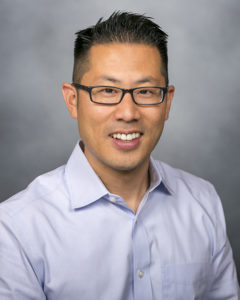
“I was lucky to find Doug’s research portfolio on PubMed, which is sort of a nerdier version of Google for medical researchers,” Lee says.
Impressed by the Division of Research’s opportunities, Lee applied for a fellowship at UC San Francisco, where Corley also teaches. “I came a day early for my interview, to meet him and discuss potential projects,” Lee says. He landed the fellowship and spent the next several years working with Corley’s team on projects that could directly affect patient care.
In June of this year, the Division of Research welcomed Lee as a new research scientist. Lee, who previously practiced at UCSF, now splits his time between treating patients in San Francisco as a physician for The Permanente Medical Group and investigating colorectal cancer prevention and detection at the Division of Research in Oakland.
“Jeff is an amazing, dedicated, creative, collaborative and thoughtful researcher. His contributions to the Division of Research’s cancer research projects have been invaluable,” Corley says. “We are very fortunate to continue a collaboration with him in this new role.”
Lee says that he is thrilled to work for an organization committed to translating scientific discoveries into better clinical care for its patients. “That’s what drives me.”
Fellowship leads to collaboration
During his UCSF fellowship, Lee worked on a variety of projects, including research showing that the quality of a colonoscopy, specifically the ability to detect precancerous growths, or polyps, is important for reducing a patient’s future risk of disease.
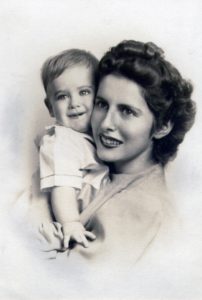
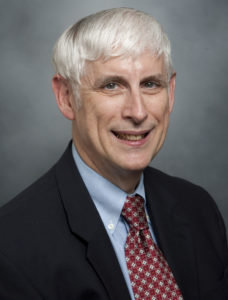
In 2012, he received a grant from the Sylvia Allison Kaplan Clinical Research Fund. This fund was founded by James Allison, MD, FACP, clinical professor of medicine emeritus at UCSF and emeritus investigator at the Division of Research, in honor of his mother; it is administered by the East Bay Community Foundation. The award promotes collaboration between gastroenterology fellows at UCSF and clinical research scientists and epidemiologists at the Division of Research.
“Since its inception in 2005, we have awarded the grant to seven UCSF fellows,” Allison says. “All, including Dr. Lee, have completed their research projects and published results in a peer-reviewed publication in a high-impact journal or presented them at a national meeting. Jeff used his award to publish an important and frequently cited study in Annals of Internal Medicine that demonstrated the differences in performance characteristics of stool tests used to screen patients for colon cancer.”
The grant also enabled Lee to continue working with Corley on research into long-term colorectal cancer risk in patients with normal colonoscopy results; their findings were published on Dec. 17 in JAMA Internal Medicine.
Understanding the causes of colorectal cancer
As a Division of Research scientist, Lee continues to seek new ways to improve delivery of care for colorectal cancer prevention. Supported by a grant from the National Cancer Institute, he and his team have undertaken a large study to determine what optimal care looks like for patients who undergo colonoscopy screening and have precancerous polyps removed.
“Right now, there’s no good evidence to indicate which of these patients are actually at elevated risk for colorectal cancer and the timing of when we should see them again,” Lee says. He wants to be able to catch cancer early without compromising patient safety by putting them through unnecessary procedures.
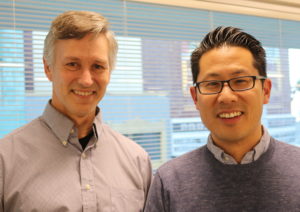
The huge patient population served by Kaiser Permanente Northern California is essential for Lee’s research. Although colorectal cancer is known for its high death rate, it is still relatively rare, so a large amount of data is required to surface new insights. Lee and his team are analyzing patient records that capture who underwent colonoscopy, whether a precancerous polyp was removed, and who went on to develop colorectal cancer.
“Our goal is to identify factors such as age, gender, race, ethnicity, and polyp features that may contribute to cancer development,” Lee says. “Then we’ll develop a model that uses these factors to better predict who will develop cancer, or not, and translate these findings into the clinic.”
While Lee embraces the independence of leading his own team for this research, he is also excited to continue collaborating with Corley’s group and to leverage each other’s work. “I still think of him as my mentor, coach, and career advisor, and I learn from our research team every day,” Lee says.
“My goal is to give back”
In turn, Lee is seeking out opportunities to mentor others, including by serving on the committee that identifies potential applicants for the Kaplan grant. “My goal is to give back in the same way my mentors invested in me,” he says.
Outside of the office, Lee serves as a different sort of mentor — an assistant coach for his son’s little league baseball team. He also enjoys taking his two daughters to dance and gymnastics classes.
And Lee’s new position in Oakland brings him a little closer to his football favorites, the Cal Bears. A former UC Berkeley undergraduate, Lee is still a “crazy Cal football fan” who loves to treat his family to a game, followed by hot dogs at Top Dog.
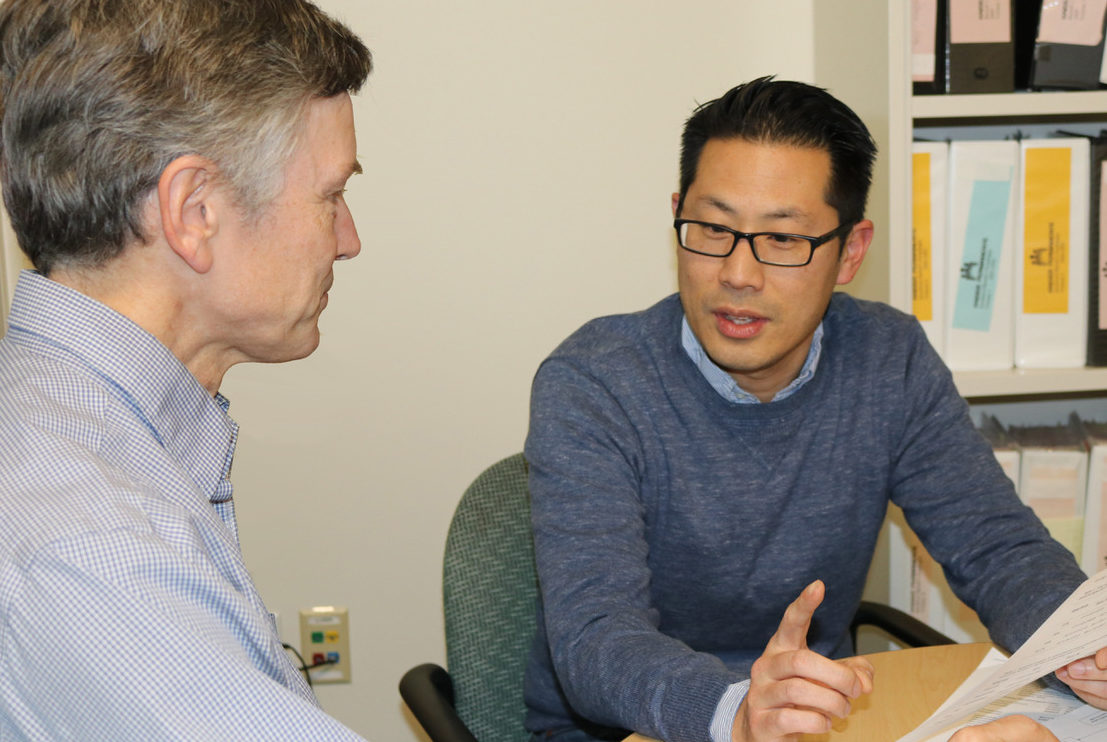




This Post Has 0 Comments